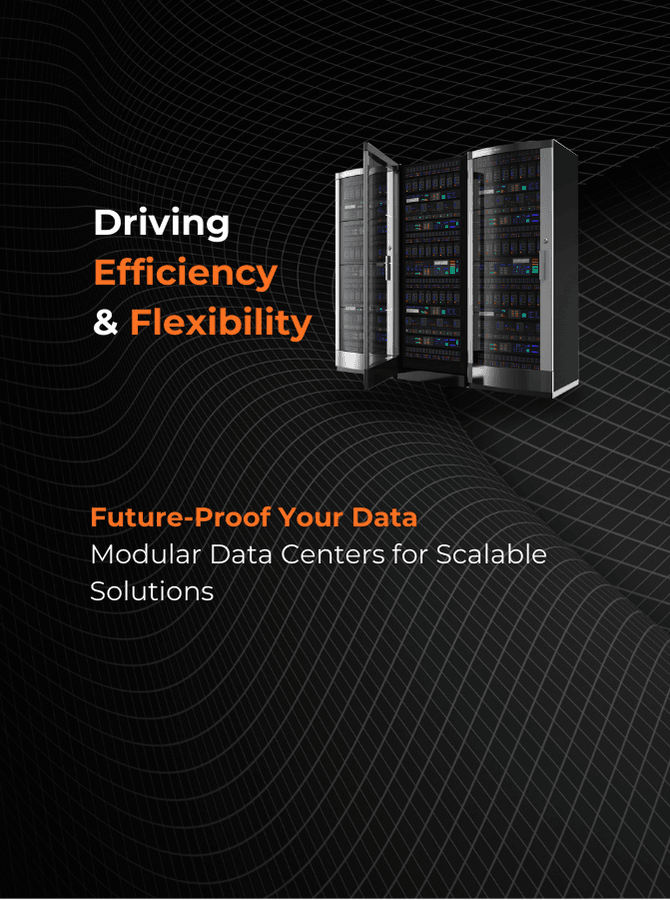In an era where data is king, the demand for reliable, scalable, and efficient data storage solutions is higher than ever. Businesses, from startups to large enterprises, are grappling with the need to manage vast amounts of data securely and effectively. This is where modular data centers come into the spotlight, offering a flexible, cost-effective alternative to traditional data center models.
Tailored to Evolving Business Needs: Unlike conventional data centers that require significant upfront investment and long-term planning, modular data centers are pre-engineered, scalable units that can be deployed quickly to meet immediate needs. This agility allows businesses to respond to growth or changes in data management requirements without the constraints of physical infrastructure.
Rapid Deployment and Scalability: Modular data centers can be set up and operational in a fraction of the time it takes to build a traditional data center. They are designed for easy expansion, enabling businesses to add capacity as needed with minimal disruption.
Cost Efficiency: With a pay-as-you-grow model, businesses can avoid the high capital expenditures associated with building and maintaining a traditional data center. Modular units also offer improved energy efficiency, which can significantly reduce operating costs over time.
Energy Efficiency and Sustainability: Modular data centers are often designed with the latest in energy-efficient technologies and cooling systems, reducing the environmental footprint and operational costs. This makes them an appealing choice for environmentally conscious businesses.
Enhanced Reliability and Security: Engineered to be robust and secure, modular data centers provide high levels of data protection and system reliability. These units can be equipped with advanced security features and redundant systems to ensure data integrity and availability.
Versatility and Mobility: The compact, self-contained design of modular data centers means they can be located where data processing is needed most, even in remote or unconventional locations. This can significantly reduce latency and improve performance for critical applications.
Supporting Edge Computing: As the Internet of Things (IoT) and edge computing continue to grow, modular data centers offer an effective way to process data closer to the source. This is essential for real-time data processing applications in industries such as telecommunications, manufacturing, and healthcare.
Conclusion:
Modular data centers represent a forward-thinking solution for businesses looking to optimize their data management strategies. By providing flexibility, scalability, and cost efficiency, they enable organizations to adapt to the digital landscape’s rapid changes without compromising on performance or security. RAC IT Solutions’ modular data center rentals offer a strategic advantage, ensuring businesses can meet their data demands today while positioning themselves for the challenges and opportunities of tomorrow.
More Information: https://avioconnectpro.com/Nebula/RAC_V1/mdc-micro-modular-data-center-solutions/

